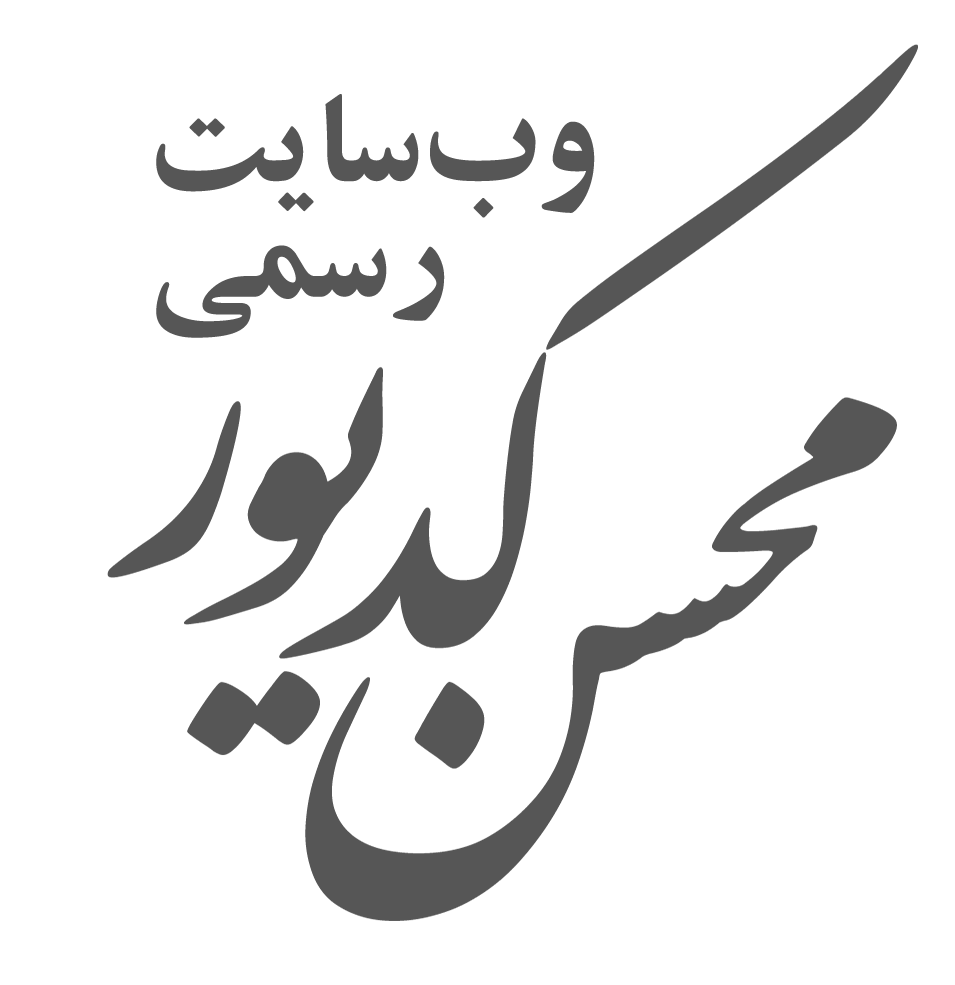Dr. Mohsen Kadivar, Iranian theologian and reformerEbrahim Moosa
Ebrahim Moosa is a professor of Islamic Studies at Duke University. He is the author of Ghazali and the Poetics of Imagination, and editor of the last manuscript of the late Professor Fazlur Rahman, Revival and Reform in Islam: A Study of Islamic Fundamentalism.
President Mahmood Ahmadinejad of Iran declared last week that he had instructed his justice officials to release hundreds of detainees in a show of “Islamic compassion.”
But Mr. Ahmadinejad’s proclamations ring hollow when measured against the brutal repression his loyal security forces waged against unarmed protestors in the aftermath of the controversial elections that returned him to power. At the same time Mr. Ahmadinejad was calling for compassion, his government launched public show trials of senior Iranian reformers, claiming they were acting as agents of foreign powers.
None of the recent measures taken by the Iranian regime resembles anything deemed to be compassion of any kind. In fact, Mr. Ahmedinejad’s use of the terms “Islamic” and “justice,” many believe, was a cynical display of demagoguery.
So says Dr. Mohsen Kadivar, a prominent Iranian philosopher-theologian and advocate of political reform, now a visiting professor of religion at Duke University. Of the Iranian president’s public statement of commitment to Islamic compassion, Kadivar says: “Ahmadinejad is a proponent of violence, not compassion. He is a liar.”
These are fighting words by any reckoning. But Kadivar, who spent 18 months in Tehran’s notorious Evin prison from 1999-2000, is known to be a man who chooses his words carefully. Reflective and soft-spoken, with a face that breaks easily into a smile, the 50-year-old Kadivar was trained in the shrine-city of Qum, which today is home to Iran’s most famous seminaries. He has the credentials of an ayatollah in terms of academic training and authorization by his peers, but does not flaunt his status.
Kadivar is an outspoken critic of the theological doctrine that validates the role of the supreme leader; a position of political and religious authority that, he argues, leads to totalitarian government. He is also a protégé of Grand Ayatollah Husein Ali Montazeri. Montazeri is perhaps the most prominent religious figure in Iran today, someone the regime has repeatedly tried to silence. He was subject to debilitating house arrest for five years until 2002. Not only was Montazeri one of the prominent architects of Iran’s controversial theocratic political system, he was also for a time the named successor to Ayatollah Ruhullah Khomeini, the man who spearheaded the Islamic Revolution and served as its first supreme leader—a position that later fell to Ayatollah Ali Khamenei.
In post-revolutionary Iran, two portraits of compassion play out in public for those who have long memories: the antics of the politician Ahmadinejad vs. the deeds of the aging cleric Montazeri. The comparison becomes even more poignant in the light of recent events in Iran as seen through the eyes of Kadivar.
When Kadivar speaks of the recent developments in his homeland, his eyes moisten and he bears an agonized expression; especially as he tells of the horrific reports of torture filtering out of Iran. Apart from the reported imprisonment of thousands and the death of an estimated 100 people, what has appalled Kadivar beyond measure are the widespread reports of torture. Arrested protesters, he says, were stacked upright into overfilled prisons and deprived of food for over 48 hours. The only water they could drink, or lick, was hosed onto the same prison floor where inmates were forced to relieve themselves.
“There are two things that I never expected to see in my lifetime,” said Kadivar. “One was that Iranians would face torture on this scale and ferocity; the other was that the regime would be so badly shaken to resort to such desperate measures.” While he himself was never tortured while imprisoned, he was aware that individual dissidents were subjected to cruelty and even death at the hands of the regime in recent years. What has shocked Kadivar is the scale of the regime’s atrocities and the rapid moral deterioration of the legitimacy of the state.
Montazeri’s Courage
Since the elections fiasco, president Ahmadinejad has taken refuge in the authority of Ayatollah Khameni (Iran’s current supreme leader), sheltered by the repressive security forces under the latter’s command. By contrast, nearly two decades ago, Ayatollah Montazeri fell from grace because he refused to ingratiate himself with then supreme leader, the late Ayatollah Khomeini, on a crucial policy decision.
Montazeri’s legendary commitment to compassion, justice, and the human rights of prisoners put him on a collision course with Khomeini and the revolutionary hardliners, a path that changed his destiny in the Islamic Republic. Ahmadinejad’s turn to compassion allows him a grip on power as Iran is plunged into domestic instability and made vulnerable internationally.
Nearly two decades ago, Ayatollah Montazeri tried to draw attention to the gradual moral decline of the Islamic Republic but was rebuked and marginalized for doing so. In fact, Montazeri’s courageous stance evokes greater admiration in hindsight if one kept in mind both the political context at the time and his own personal story.
Some history:
In the summer of 1988, six days after Ayatollah Khomeini accepted a United Nations-brokered ceasefire with Iraq (then a US ally under Saddam Hussein), the leftist Mujahidin-i Khalq Organization, bitterly opposed to Tehran, launched a devastating attack that razed the town of Islamabad-e Gharb. With full logistical and air support from Iran’s then menacing neighbor, this attack alone caused Iran’s casualties to soar to an estimated 55,000 people.
After this incident, Ayatollah Khomeini viewed the Khalq as mortal enemy combatants and immediately invoked powers to declare a state of exception that called for extreme measures. For the thousands of non-combatant Khalq prisoners (all of them Iranian citizens opposed to the Islamic Republic), this turned out to be literally a matter of life and death. Khomeini offered all Khalq prisoners an ultimatum: recant and denounce the Khalq or face summary execution.
In the heat of that national crisis of war and extreme danger to the fledgling Islamic Republic, Montazeri turned dissident. In a letter included in his Persian-language biography, he told Khomeini that according to Islamic law and ethics it was impermissible to execute persons who were not engaged in subversive military activities against the state. The estimated 3,000 to 5,000 imprisoned Khalq members had a right to disagree with the Islamic state, argued Montazeri, but execution was a heinous crime and could not even be contemplated. His protests fell on deaf ears. Thousands of Khalq members were executed and Montazeri’s troubles had just begun.
Ayatollah Montazeri’s principled position seems even more admirable when taking into account that the Khalq was likely responsible for the death of his son, Muhammad Montazeri, who was killed during a bombing at the annual conference of the Islamic Republican Party in 1981.
Even though the Khalq had caused Montazeri great personal loss, his grief did not prevent him from offering compassion and justice to his adversaries.
Mr. Ahmadinejad has yet to show a brand of compassion that does not deliver personal political dividends.
http://www.religiondispatches.org/archive/politics/1725/



